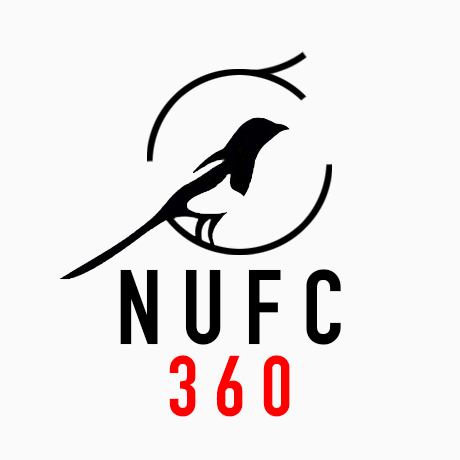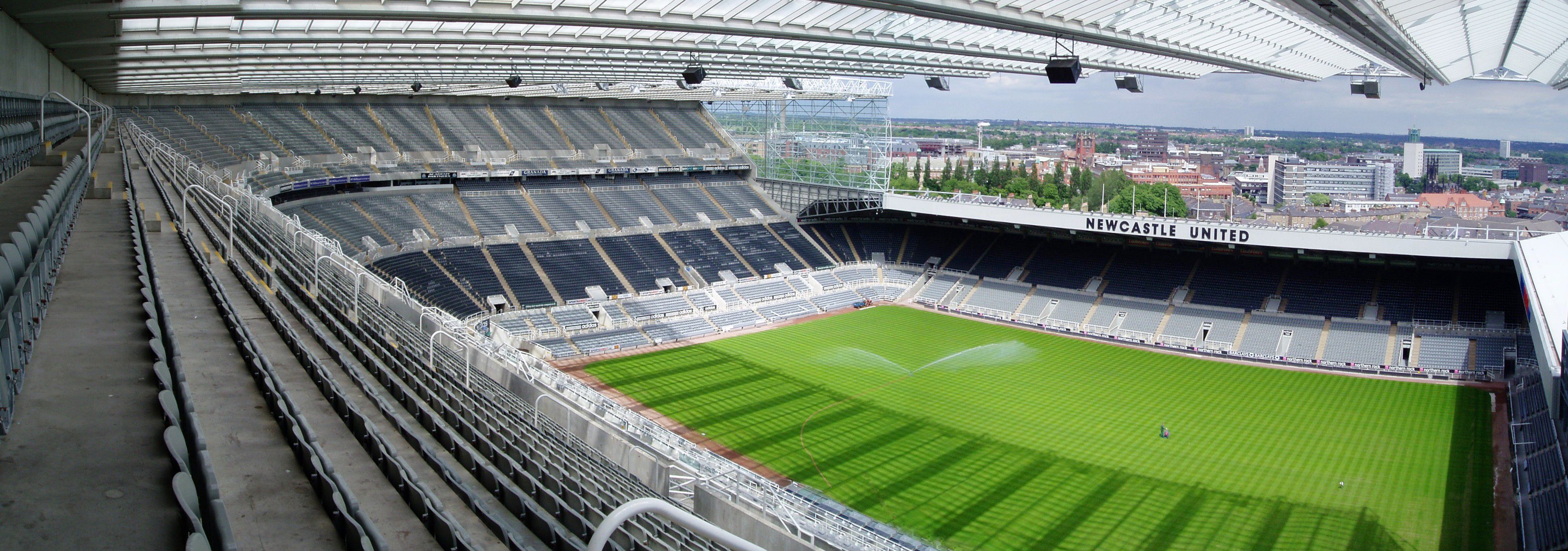OSASUNA: THE EPITOME OF UNREST
The blow of his failure at Real Valladolid had not proved to be fatal, Rafa Benitez picked himself up and wanted another crack at the whip. Osasuna were a club in desperate need of help. After 14 consecutive years of playing in Spain’s top flight, Los Rojillos ran the risk of descending into darkness when they were relegated in 1994.
They had spent two seasons in the Segunda Divisíon after their demoralising demise and only managed to finish 7th (94/95) and 10th (95/96) due to a serial lack of investment in the playing squad.
Any happiness that existed amongst the loyal supporters was gradually decaying. Osasuna – which translates to “health” and “strength” – was becoming the complete opposite. They were undergoing a period of weakness, with no unity between the club and its followers.
An unsurprising shift in management was about to occur and the extremely unpopular boardroom wanted a cheap option. Still eager to showcase his managerial ability, Benítez pounced at the opportunity.
Following his appointment, the lack of excitement was evident. Pre-season matches recorded some of the lowest attendances inside El Sadar Stadium for quite some time. The club’s hierarchy had unrealistic ambitions. Benitez’s squad wasn’t adequate enough to challenge for automatic promotion. Financial backing was hard to come by.
Diehard Osasuna fan, Matías Redondo, was one of the club’s biggest fans at the time, and remains so to this day. He could only watch on powerlessly as Benítez and his players stooped to new lows. They had won just one game of their opening nine in the league.
“Rafa joined at a bad time. We thought the club was dying. Not a lot of people had hope for a bright future,” he says.
“Many of the fans actually hated the players. They didn’t show us respect. They were not committed to our club. We knew who Benitez was because of Valladolid, and I admit we were not happy when he joined.”
“He was too young, in our opinion. To be fair to him, only God could have been promoted with that team. But still we expected a bit better.
“We stayed up that year, but only by a few points. It was close to relegation. Those were dark years and the board did not help Benítez. But no way could I have predicted he would go on to manage big, big teams and win trophies,” Matías told me.
So, Benitez had been given two chances at senior management and both times, the Spaniard failed. His glowing reputation as one of the most promising young coaches in the country was diminishing with a whimper. But the best coaches become more determined, more immensely focused and more hungry when confronted with the formidable foe of failure.
Benítez was no different. Failure breeds success.
SUCCESS EMERGES AT EXTREMADURA
Sometimes, the depth of one’s struggle can determine the height of their success. Rafael Benítez, at age 37, went from an auspicious coach to an awful one, according to various Spanish media outlets at the time. He had flattered to deceive at Valladolid and Osasuna but the confident, self-assured nature of the Madrid-born realist never dwindled.
“It made me stronger because I had more determination and conviction than before,” Benitez said about his first two sackings.
“I was sure I could do it so I knew I had to carry on. I was mentally stronger.”
Founded in 1924, CF Extremadura spent 84 years out of 86 playing away from the Primera Divisíon before they liquidated due to an inability to settle financial problems in 2010. Almendralejo, the town in which the club was situated, contained approximately 25,000 people at the time of Rafa’s arrival.
The Francesco de la Hera stadium held approximately 11,000 people. This was a club severely punching above its weight and when a fairytale promotion to the top flight occurred in 1996, the small autonomous community transcended into wonderland.
Predictably, Extremadura found La Liga eminently difficult and were relegated back to where they came from. Getting back to the promised land was not a feat many anticipated when a young, so far unsuccessful Rafa Benítez arrived.
It was here where Benitez’s idiosyncratic ideas finally paid dividends. The Spanish minnows finished 2nd at the end of the season, conceding just 38 goals in 42 games. Rafa’s doubters began to emerge from the shadows. He deservedly gained plaudits for reproducing what Extremadura fans thought would be impossible to achieve again.
During their promotion season, one of Benitez’s common doctrines that would go on to attract praise and criticism at a variety of clubs left its mark; rotation, rotation, rotation.
23 players were used across 42 games in the league, with most of them acquiring more than 10 appearances. This way, everyone’s happy; players are rested and return reinvigorated, there are no time-consuming squanders about fair playing time and the team’s structure becomes hard to predict.
Similar to what Dwight Gayle is doing for Benitez right now, a powerful Montenegrin striker named Igor Gluscevic provided most of the attacking ammunition. His 24 goals went a long way to propelling Extremadura back to La Liga.
Gluscevic, who scored just two goals in the season previous to Rafa’s appointment, told Sky Sports: “Not much was expected of us because the team wasn’t very strong.
“Some important players had left and here was a young coach with a lot of work to do. He was so professional and sought perfection,” the player-turned-agent said.
“We really trained hard. In the sessions, it was repeat, repeat, repeat. It took time for the team to understand what he was trying to do. In the first months, it was changeable.
“We won some and lost some. But once we understood his ideas we just won everything.”
Benítez and Extremadura managed to remain competitive in the top flight but when Gluscevic, arguably their best player at the time, left for Sevilla, an extensive shortage of goals was suffered.
It was onerous for Benitez to attract high quality players capable of keeping Extremadura in the league and disappointingly, they were relegated again. Rafa chose to resign and sensibly took a year off studying the game in sizable detail.
He was still learning and although his third stint in management ended in sorrow, he managed to increase his credibility in the coaching world. There was now a promotion on his CV. His career was about to reach new heights.


